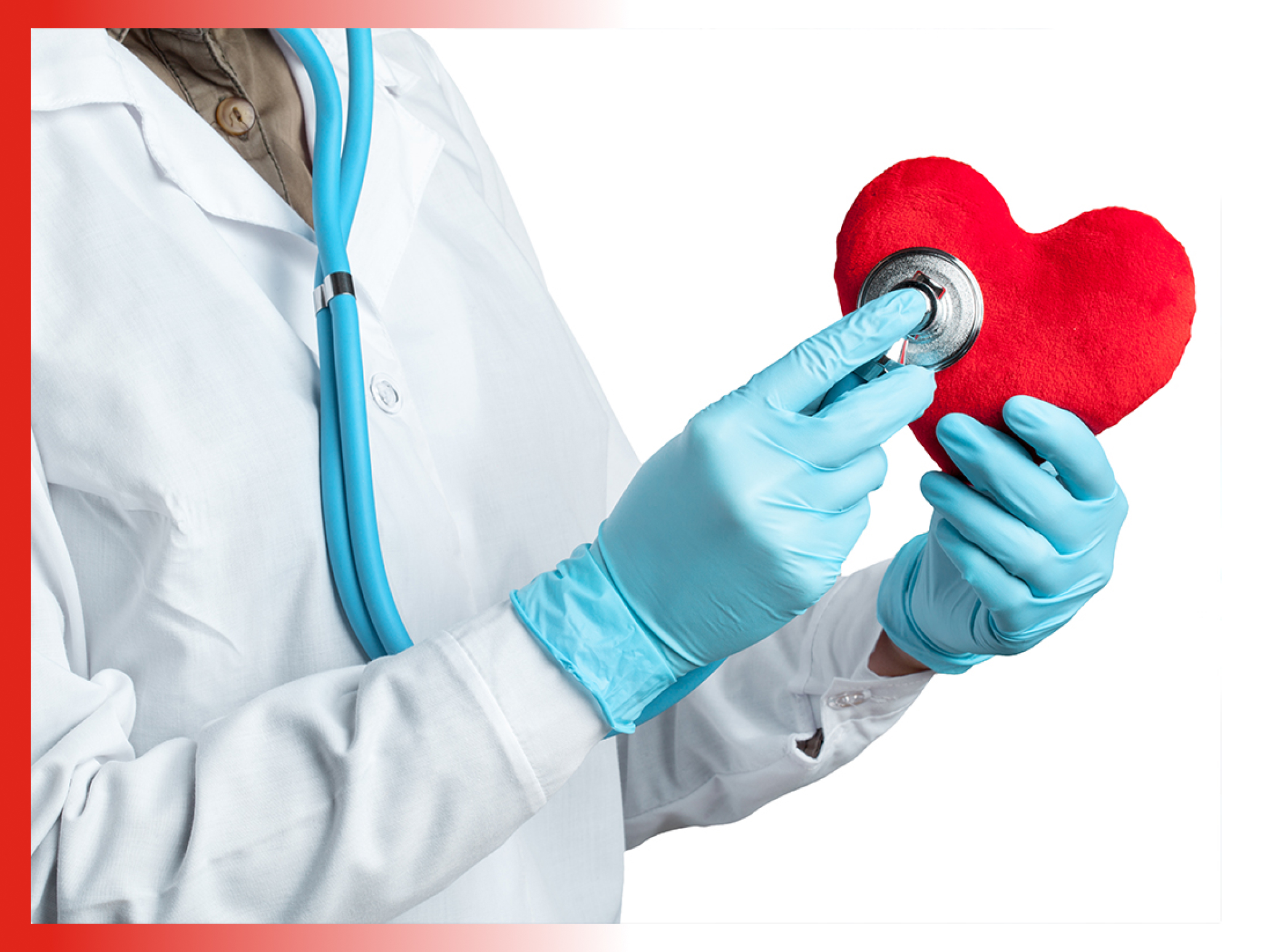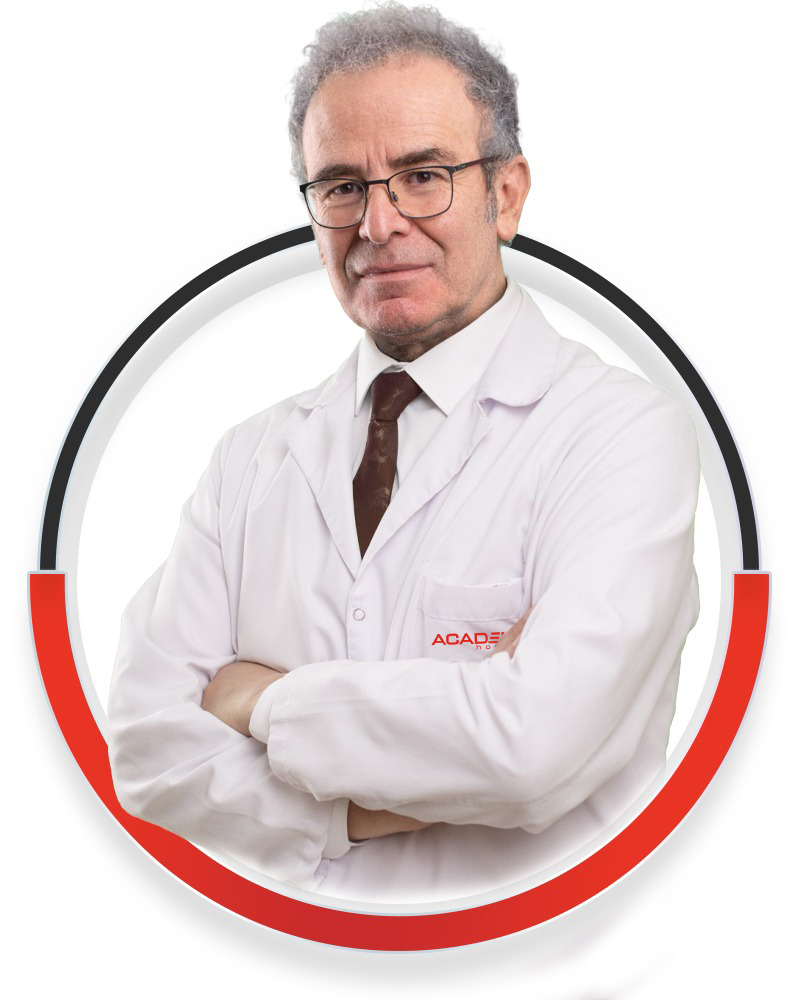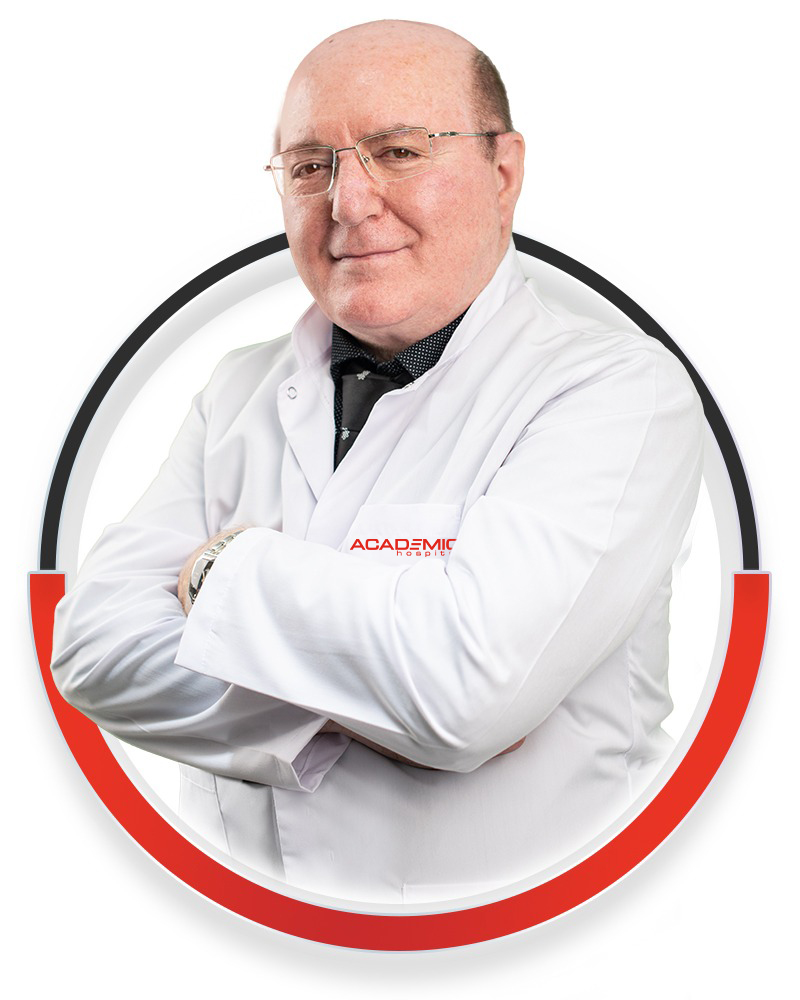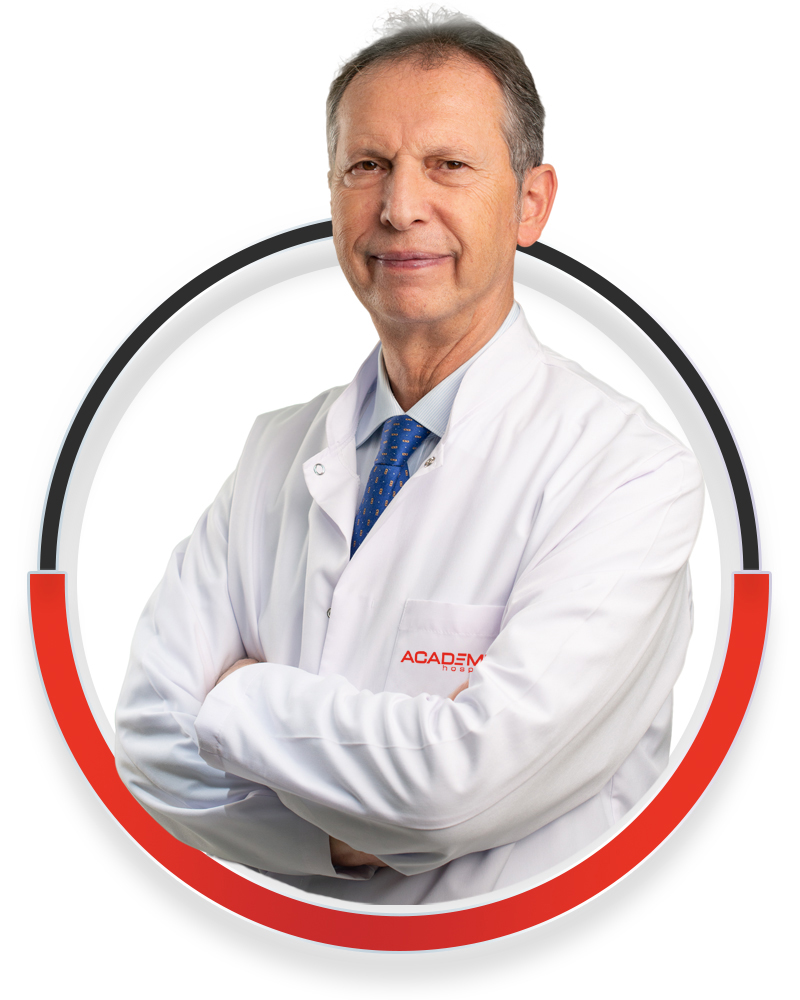The heart is the vital organ of the body. Therefore, it is extremely important for it to perform its function properly.
What is Cardiology?
Cardiology is a medical branch that deals with the diagnosis, treatment and follow-up of heart and vascular diseases. Cardiologists apply various tests and treatment methods in order to protect and treat heart health. Heart diseases are the leading cause of death in the world, so the field of cardiology is extremely important.
Cardiological diseases are heart diseases that can be seen in all age groups from very young to old and in both genders.
Intensive Care Unit; It provides service 24/7 with its experienced and expert staff.
Tests Performed in Academic Hospital Cardiology Department:
- Computerized Tomography (CT): It is an examination performed for the purpose of imaging the heart vessels and evaluating their susceptibility to occlusive diseases and is known among the public as 'Virtual Angiography'. It can be used for the entire vascular system of the body in addition to the heart vessels.
- Treadmill (Effort) Test: It is an examination performed by taking serial ECGs and measuring blood pressure while the person is walking at certain speeds on a treadmill. It is tested whether there is an irregularity in heartbeats (arrhythmia), whether there are various heart diseases and whether there is hypertension.
- Echocardiography: It is the examination of the internal structure and functions of the heart through sound waves (ultrasound).
- Rhythm Holter (24-48 hour ECG recording): While the person continues his normal daily life, the device loses the heart electro during the planned time. All rhythm disorders that are not seen during the examination but originate from the heart during the day can be detected.
- Blood Pressure Holter (24 hour blood pressure recording): It is the measurement of the blood pressure of the patients at frequent intervals throughout the day and recording the blood pressure and pulse.

Which Diseases Are in the Field of Cardiology?
Heart-related problems can primarily show symptoms such as shortness of breath, tightness in the chest area, pain and numbness in the left side of the body and jaw. Congenital heart problems usually occur due to hereditary or structural disorders. Some of the common cardiological problems are: Heart failure, heart attack, coronary artery diseases, hypertension, heart rhythm disorders, heart valve diseases, aortic diseases, peripheral vascular diseases.









